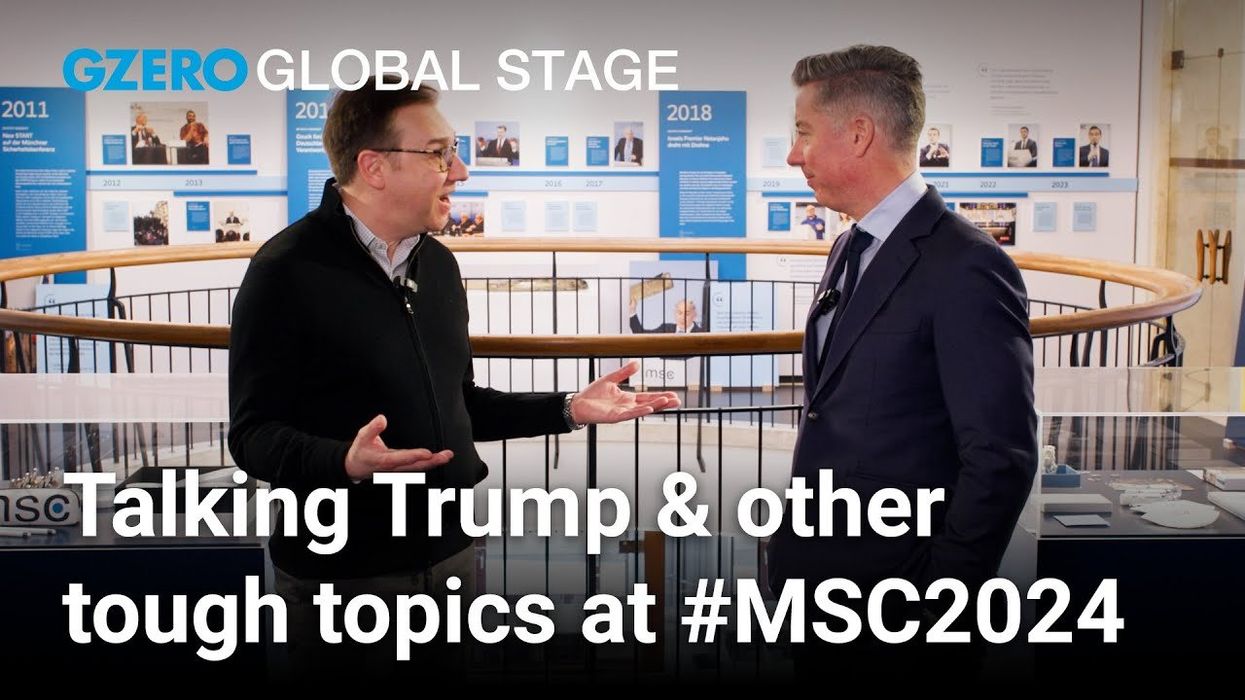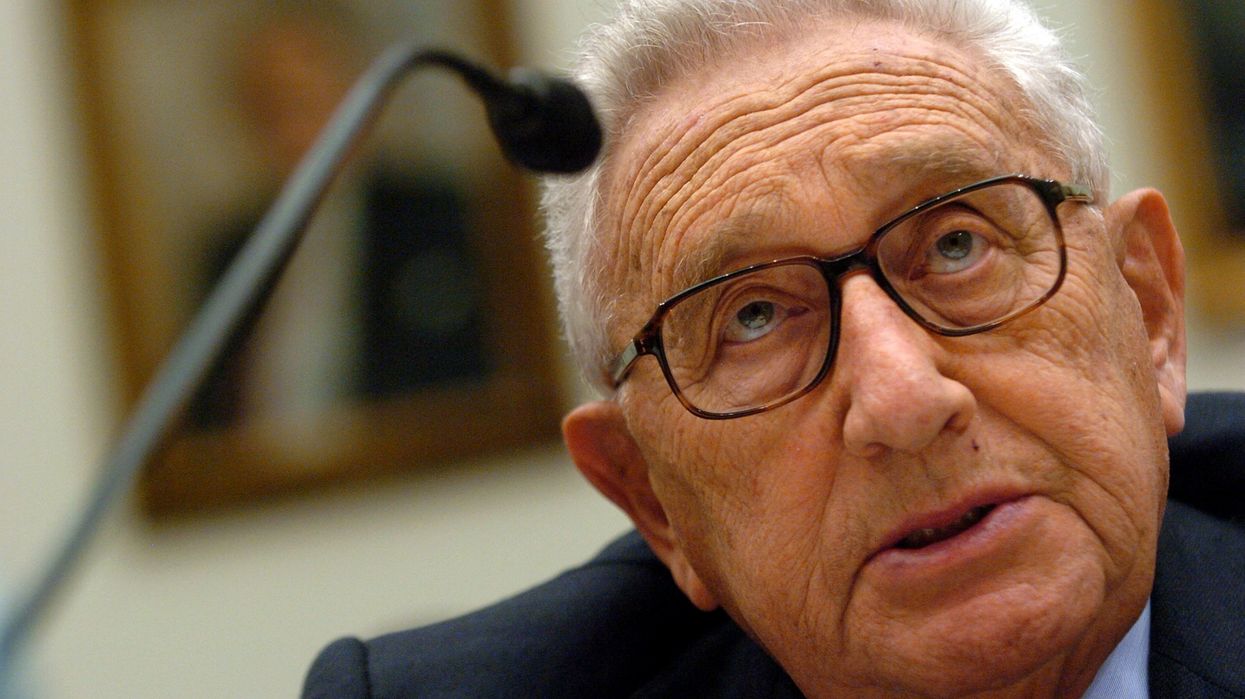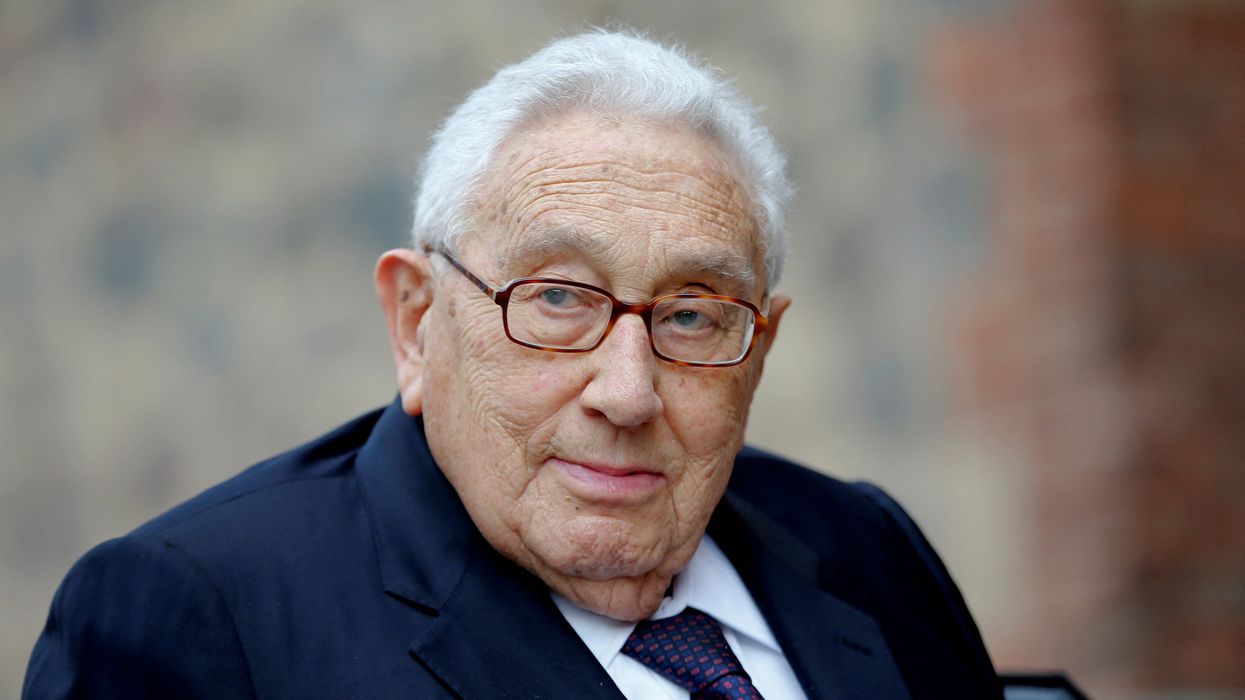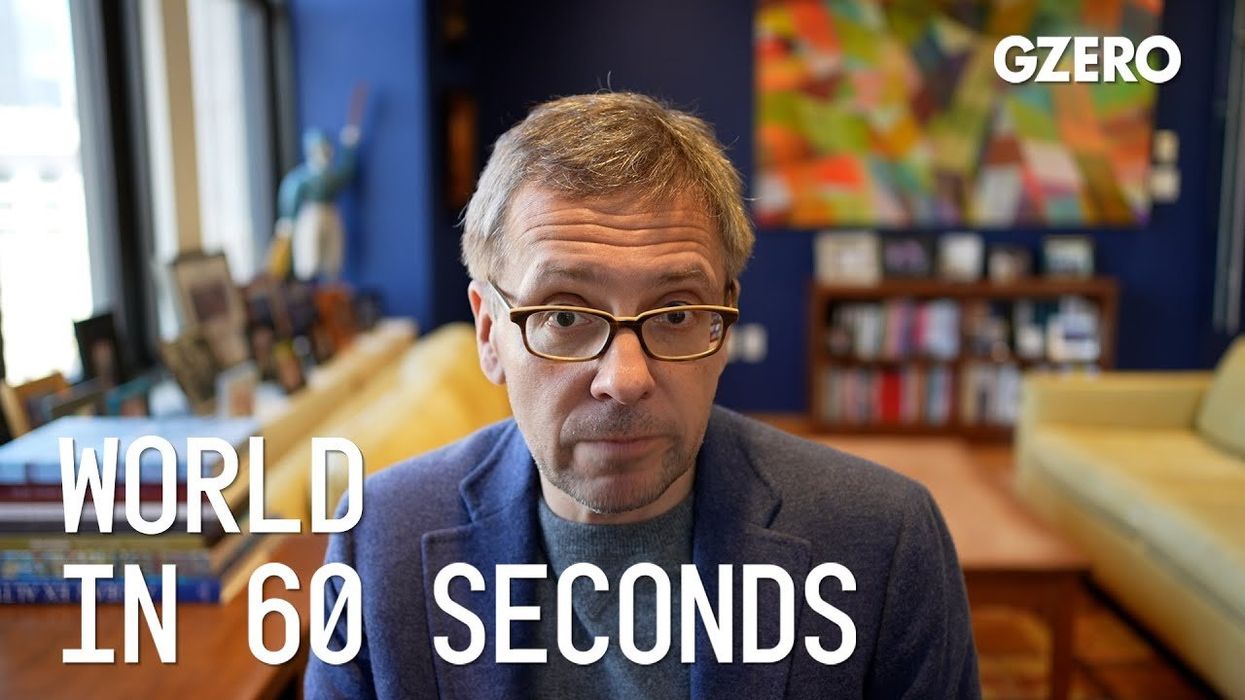Global Stage
At the Munich Security Conference, Trump isn't the only elephant in the room
Trump is just part of a ‘herd’ of elephants in the room at this year’s Munich Security Conference, says the forum’s vice-chairman and CEO Benedikt Franke.
Feb 16, 2024





